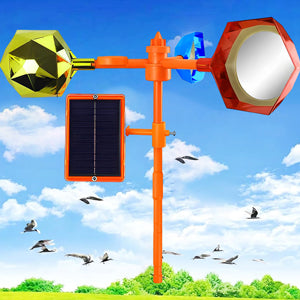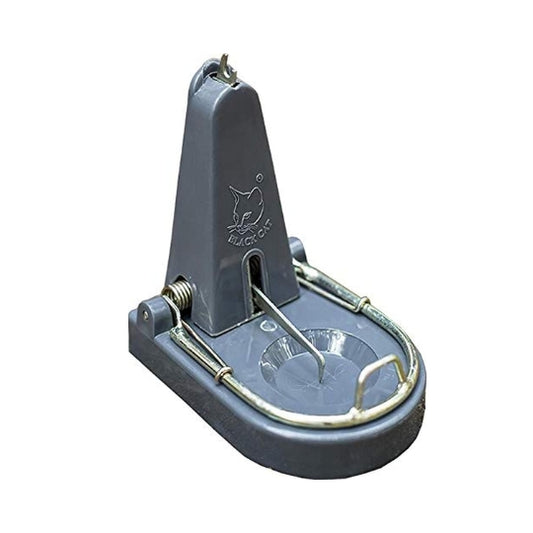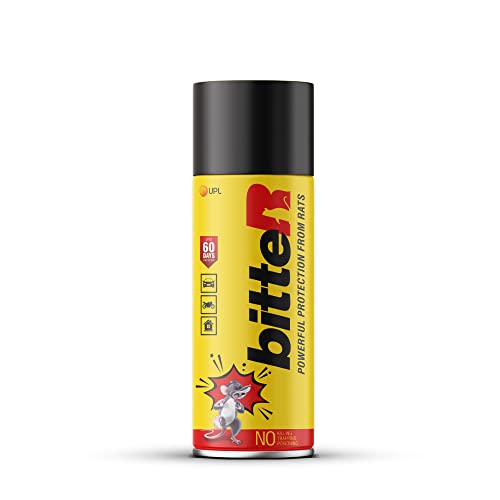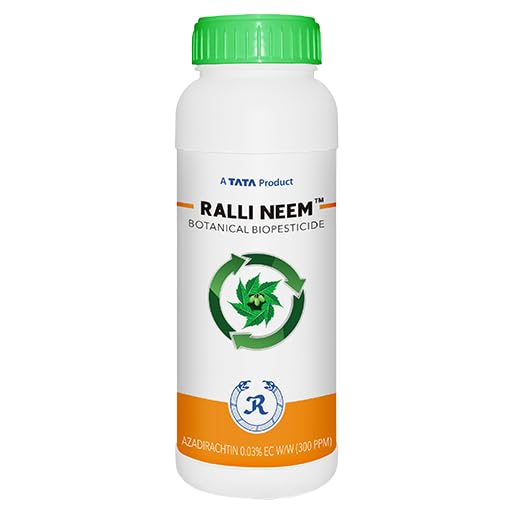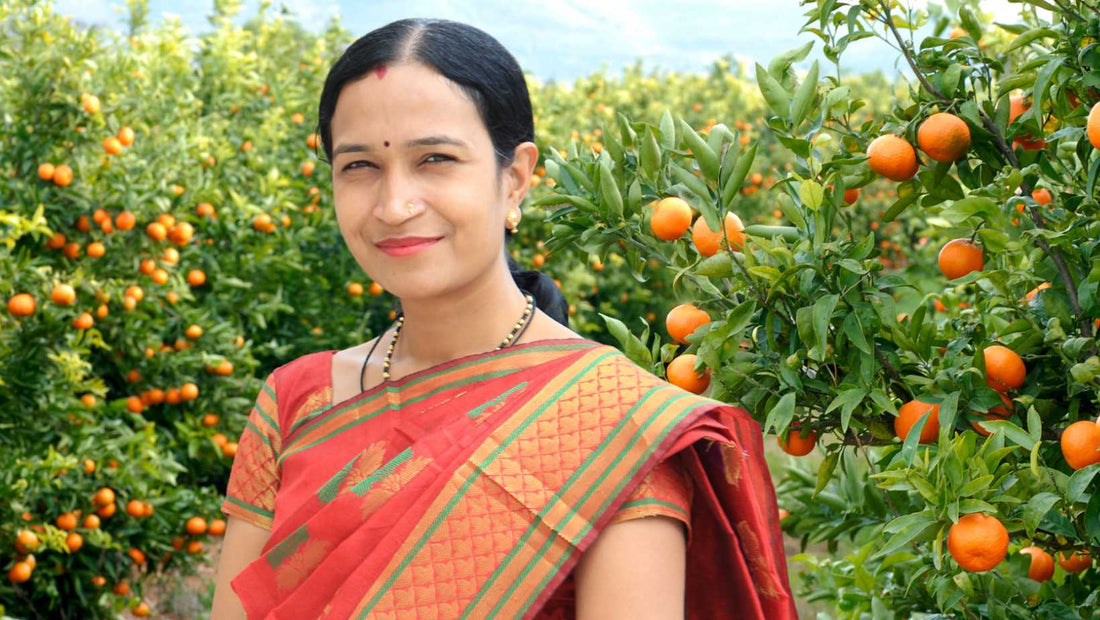
Orange Orchards Unleashed: Defeating Fruit Flies and Boosting Profits with Pheromone Power
Share
Orange is one of the most important citrus fruit crops in India, ranking third after mango and banana in terms of area and production. It is a tropical and subtropical fruit that is cultivated throughout the country, with major production centers in Maharashtra, Madhya Pradesh, Rajasthan, Punjab, and Haryana.
Orange is a highly nutritious fruit that is rich in vitamins C, A, and B6, as well as minerals such as potassium, calcium, and magnesium. It is also a good source of dietary fiber. Orange is consumed fresh, as well as in processed forms such as juice, nectar, and marmalade.
Profitability of orange cultivation
Orange cultivation can be a very profitable enterprise in India. The average yield of orange in India is around 25 tons per hectare. The current market price of orange ranges from ₹20 to ₹30 per kg. This means that an orange grower can earn a gross revenue of ₹50,000 to ₹75,000 per hectare.
However, the profitability of orange cultivation can vary depending on a number of factors, such as the variety of orange grown, the cultivation practices followed, and the prevailing market conditions.
Fruit fly as an important pest in orange in Indian climatic conditions
Fruit fly is a major pest of orange in India. It is estimated that fruit fly infestation can cause losses of up to 60% of the orange crop. Fruit fly infestation is particularly severe during the rainy season, when the humidity is high.
Fruit fly larvae lay their eggs in the developing orange fruit. The larvae hatch and feed on the fruit, causing it to rot. Fruit fly infested fruit is unfit for human consumption.
Pheromone-based trap as the only best method to control fruit fly in orange
Pheromone-based traps are the only effective way to control fruit fly in orange. Pheromone traps are baited with synthetic pheromones that attract male fruit flies. Once inside the trap, the male fruit flies are unable to escape and die.
Pheromone traps are a safe and effective way to control fruit fly. They are also relatively inexpensive and easy to use.
How pheromone-based traps can avoid economic loss and give immense profit
Pheromone-based traps can help orange growers to avoid significant economic losses by reducing fruit fly infestation and improving crop yields.
A study conducted by the Indian Council of Agricultural Research found that the use of pheromone traps reduced fruit fly infestation by up to 80%. This resulted in a significant increase in crop yields and profits.
The study also found that the cost of using pheromone traps was very low, and that the benefits far outweighed the costs.
Overall, pheromone-based traps are the only effective and cost-effective way to control fruit fly in orange. Orange growers can avoid significant economic losses and increase their profits by using pheromone traps.
By following these tips, pomegranate growers can reduce the risk of fruit fly infestation and protect their crops.
How to use pheromone-based traps to control fruit fly in orange:
- Install pheromone traps in your orange orchard at the beginning of the fruiting season.
- Place the traps at a height of 1.5 to 2 meters above the ground.
- Space the traps evenly throughout the orchard, at a distance of 10 to 15 meters apart.
- Replace the pheromone lures every 4 to 6 weeks.
- Collect and dispose of the trapped fruit flies regularly.
By following these simple steps, you can use pheromone-based traps to effectively control fruit fly in your orange orchard and increase your profits.



